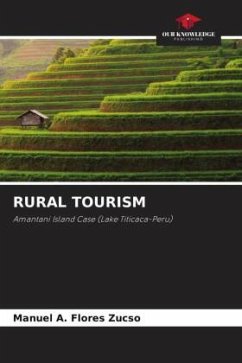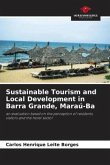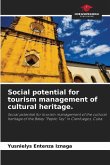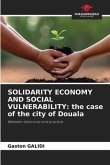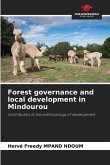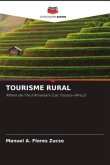This research work develops the intangible heritage of Amantani Island, the research was based on the fact that the island is valued due to its strategic location in Lake Titicaca and the reason why rural community tourism is an ally of its living culture (intangible heritage). The method used was quantitative, analyzing a sample of 78 heads of household who were surveyed and interviewed to determine the degree to which they value their intangible heritage with respect to their agricultural and medicinal customs, worldview, handicrafts, expiatory rites and other factors that complement their living culture.
Bitte wählen Sie Ihr Anliegen aus.
Rechnungen
Retourenschein anfordern
Bestellstatus
Storno

